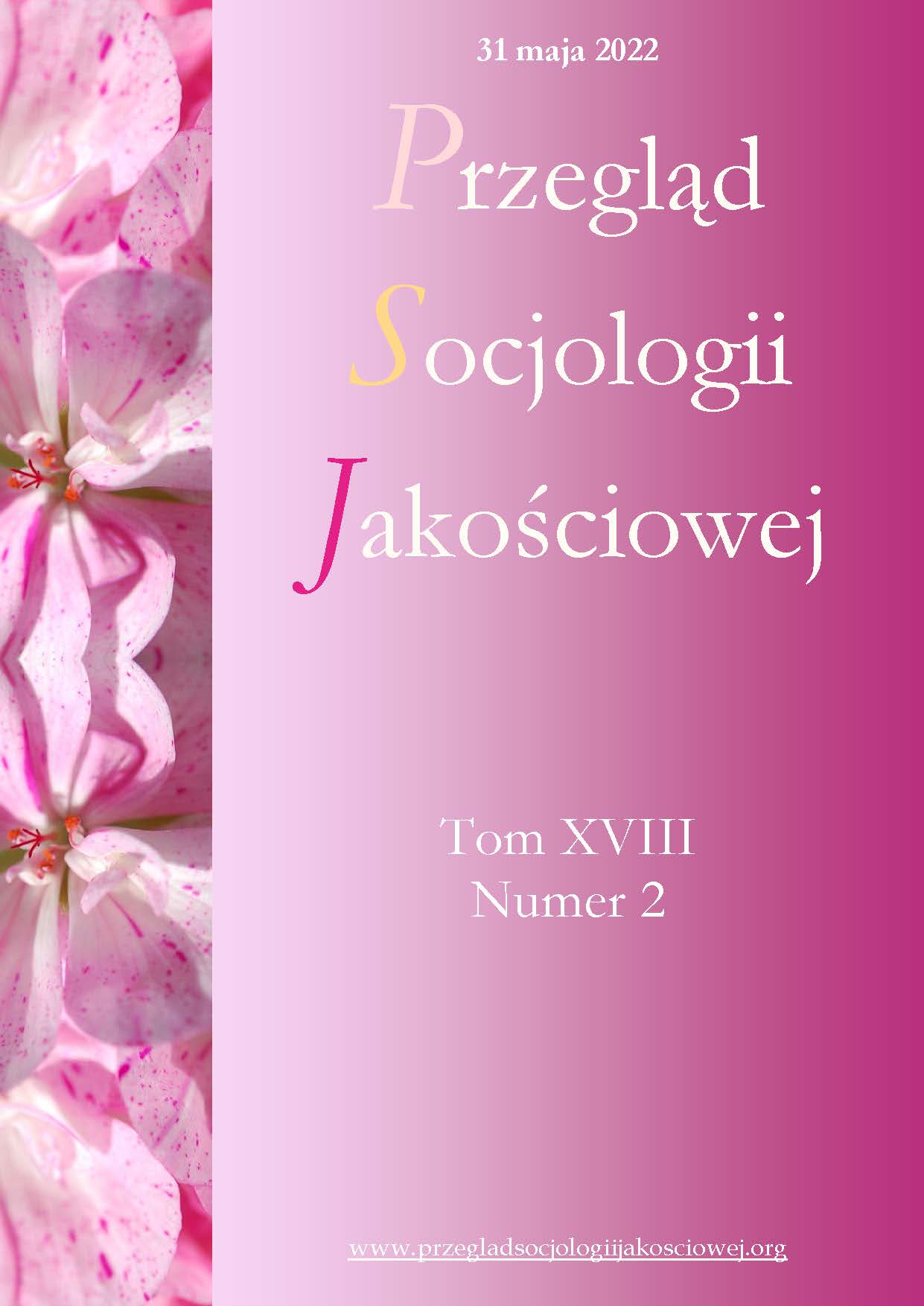The Institutional Conditions of the Life of People with Intellectual Disabilities (ID) in a Residential Care Facility
The Institutional Conditions of the Life of People with Intellectual Disabilities (ID) in a Residential Care Facility
Author(s): Jakub NiedbalskiSubject(s): Sociology, Welfare services
Published by: Wydawnictwo Uniwersytetu Łódzkiego
Keywords: autonomy; care facility; control; institutional care; intellectual disability; interpersonal relationships
Summary/Abstract: The paper is intended to show a system of institutional care for people with intellectual disabilities, which is characterized by a kind of ambivalence. The whole disquisition is based on two fundamental and dichotomous categories: control and subordination versus autonomy and independence. Each of these categories is connected with one of two perspectives within which a residential care facility can be captured. The first one arises from Goffman’s vision of a total institution, where a unit is presented as an objectified subject of other people’s actions, revealing a situation of isolation and personal dependence. The second perspective presents a model of relationships between the personnel and their charges; it is characterized by an individualistic approach toward the needs of people with disabilities regarding their right to autonomy and self-determination. The confrontation between these two perspectives and areas of issues is discussed in this paper.
Journal: Przegląd Socjologii Jakościowej
- Issue Year: 18/2022
- Issue No: 2
- Page Range: 72-88
- Page Count: 17
- Language: English

